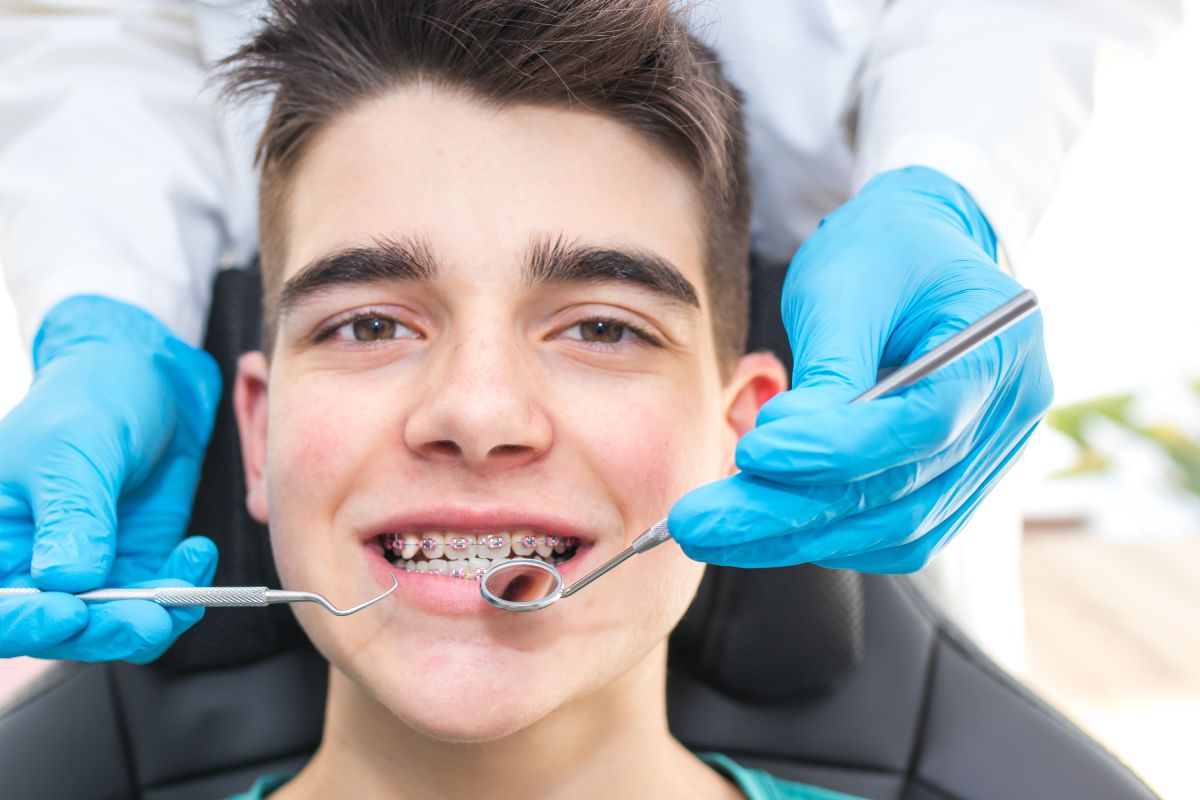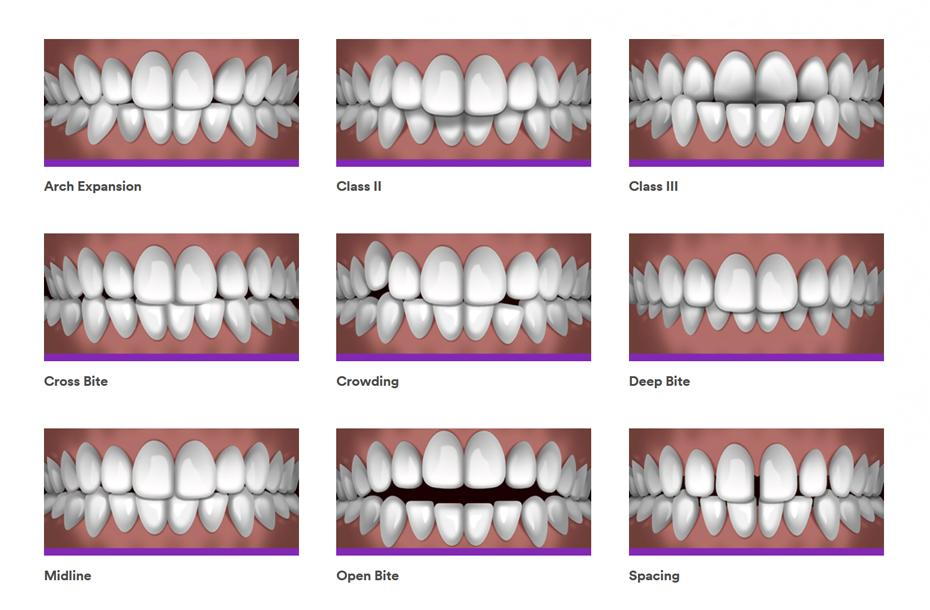Fascination About Causey Orthodontics
Fascination About Causey Orthodontics
Blog Article
The Best Strategy To Use For Causey Orthodontics
Table of ContentsSome Known Questions About Causey Orthodontics.Causey Orthodontics Can Be Fun For EveryoneCausey Orthodontics Fundamentals ExplainedHow Causey Orthodontics can Save You Time, Stress, and Money.Getting My Causey Orthodontics To WorkWhat Does Causey Orthodontics Do?The Only Guide for Causey Orthodontics
What is the distinction between a dental expert and an orthodontist? To answer an inquiry that is usually asked, both dental experts and orthodontists aid individuals get better dental wellness, albeit in various methods. It assists to keep in mind that dental care is a rather broad scientific research with different medical field of expertises. All dental professionals, including orthodontists, deal with the teeth, gums, jaw and nerves.
You can assume of both doctors who treat periodontal and teeth problems. The major distinction is that coming to be an orthodontist calls for a particular specialty in dealing with the imbalance of the teeth and jaw.
The Ultimate Guide To Causey Orthodontics
An orthodontist is a dental professional that has actually undertaken training to focus on the medical diagnosis, prevention and treatment of abnormalities in the jaw and teeth. Their training includes remedying these existing conditions. They can likewise determine potential problems in teeth positioning that might create when conditions are left unattended. Orthodontists can aid individuals of all ages.
This includes all the necessary education and learning to end up being a basic dental expert. According to the American Pupil Dental Association (ASDA), it means you will need to have either a Physician of Medicine in Dental Care (DMD) or a Doctor of Oral Surgery (DDS). To put it simply, orthodontists need to finish dental school and after that obtain an orthodontics specialized education and learning.
Some orthodontists also get their masters in craniofacial biology. These programs concentrate on two certain areas or disciplines: Dentofacial Orthopedics: This research study focuses on guiding teeth and jaw growth.
Not known Facts About Causey Orthodontics

 These consist of apparatus such as braces, retainers and Invisalign. So, what does an orthodontist do, and what do they concentrate on? The total objective of an orthodontist is to boost a person's bite. Not every person is born with straight teeth, and an orthodontist will ensure that patients get evenly spaced straight teeth.
These consist of apparatus such as braces, retainers and Invisalign. So, what does an orthodontist do, and what do they concentrate on? The total objective of an orthodontist is to boost a person's bite. Not every person is born with straight teeth, and an orthodontist will ensure that patients get evenly spaced straight teeth.
The 8-Minute Rule for Causey Orthodontics
The American Organization of Orthodontists advises your initial check up by age 7. You'll require to see your orthodontist if you have an imbalance in your teeth, likewise called malocclusion. If you observe uneven bite patterns, a somewhat askew jaw, or when your teeth are overcrowded, you will likely require orthodontic treatment.
In addition, we offer flexible treatment routines, adaptable payment alternatives and a fun, satisfying experience.
An orthodontist is a dental practitioner trained to diagnose, avoid, and treat teeth and jaw abnormalities. Orthodontists work with people of all ages, from children to grownups (https://www.indocanadianbusinesspages.com/medical/causey-orthodontics).
The 2-Minute Rule for Causey Orthodontics
Malocclusion, or misaligned teeth, can result in dental issues, consisting of dental cavity, gum illness, and challenging or excruciating eating. Not every person is birthed with straight teeth. If you have a negative bite or huge spaces in between your teeth, you might want to seek advice from a dental professional focusing on orthodontic treatment.
(Picture Credit Score: DigitalVision/Getty Images) Orthodontists utilize dealt with and removable dental tools, like dental braces, retainers, and bands, to alter the setting of teeth in your mouth. Orthodontic therapy is for oral problems, consisting of: Jagged teethBite troubles, like an overbite or an underbiteCrowded teeth or teeth that are as well far apartJaw misalignmentThe objective of orthodontic therapy is to enhance your bite.
Causey Orthodontics - Truths

, yet not all dental practitioners are orthodontists. They focus on two areas: Exactly how to properly and securely move teeth How to appropriately direct growth in the teeth, jaw, and faceOnce an orthodontist has actually finished training, they have the alternative to come to be board certified.
Misalignment, or malocclusion, is one of the most common factor people see an orthodontist. It is hereditary and is the outcome of dimension distinctions between the top and lower jaw or in between the jaw and teeth. Causey Orthodontics. Malocclusion leads to tooth congestion, a misshapen jaw, or uneven bite patterns. Malocclusion is usually treated with: Your orthodontist connects steel, ceramic, or plastic square bonds to your teeth.
All about Causey Orthodontics
If you have just minor malocclusion, you might have the ability to make use of clear braces, called aligners, as opposed to standard braces. Some people require a headwear to help relocate teeth right into line with stress from outside the mouth. After dental braces or aligners, you'll require to use a retainer. A retainer is a customized tool that maintains your teeth in position.
Report this page